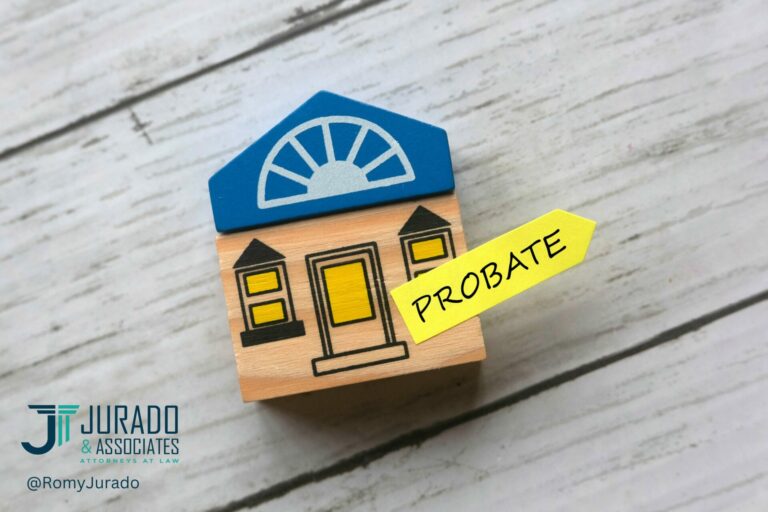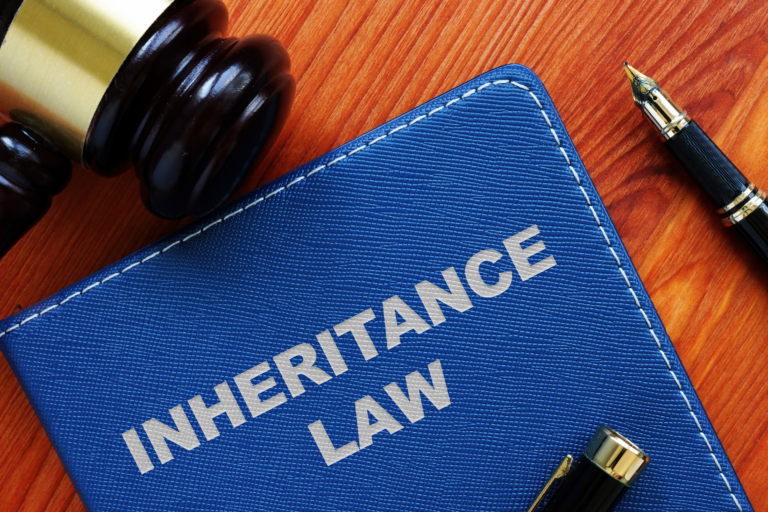When a foreigner dies owning property in Florida, the probate process can be complicated and confusing. Florida is a popular destination for foreign investors. However, many foreigners are not aware of the potential issues that may arise when they pass away and leave behind property in Florida.
Here is what you need to know:
Florida Ancillary Probate Administration
One of the main challenges that arise when a foreigner dies owning property in Florida is that the property must go through a special type of probate process called ancillary probate administration.
Probate is the legal process of settling the estate of a deceased person, which involves:
- Identifying the decedent’s assets,
- Paying the decedent’s debts, and
- Distributing the remaining property to the beneficiaries.
Ancillary probate administration is a separate probate process that is required for property located in a different state or country than where the deceased person lived.
For example, if a foreigner who lived in Canada owned a condo in Miami, the condo would have to go through ancillary probate administration in Florida in addition to the regular probate process in Canada.
This means that the heirs would have to deal with two different legal systems, two different sets of laws, and two different sets of fees and taxes. This can be time-consuming, costly, and stressful for the heirs.
The ancillary probate administration process in Florida is similar to the formal administration process, which is the most common type of probate process in Florida.
Taxation Issues
Another challenge that arises when a foreigner dies owning property in Florida is that the property may be subject to taxation by both the United States and the foreign country. Depending on the value of the property and the tax laws of the foreign country, the heirs may have to pay a significant amount of taxes on the inherited property.
In the United States, the estate tax is a federal tax that applies to the transfer of property from a deceased person to their beneficiaries. The estate tax is based on the fair market value of the property at the time of death, minus any deductions and exemptions. The estate tax rate ranges from 18% to 40%, depending on the amount of the taxable estate. However, the estate tax only applies to estates that exceed a certain threshold, which is $13.61 million for 2024. This means that most estates in the United States are not subject to the estate tax.
However, when a foreigner dies owning property in the U.S., the estate tax exemption is much lower. The estate tax exemption for foreigners who are not residents of the United States is only $60,000. This means that any property in the United States that exceeds $60,000 in value will be subject to the estate tax.
In addition to the estate tax, the property may also be subject to the income tax and the capital gains tax in the United States.
- The income tax applies to any income generated by the property, such as rent, interest, or dividends.
- The capital gains tax applies to any increase in the value of the property from the time of purchase to the time of sale.
The rates vary depending on the type and amount of income or gain, and the tax status of the foreigner.
Furthermore, the property may also be subject to taxation by the foreign country where the foreigner lived or where the heirs live. The tax laws of the foreign country may differ from the tax laws of the United States and may impose different types of taxes, such as inheritance tax, gift tax, or wealth tax.
The tax rates and exemptions may also vary depending on the value of the property and the relationship between the deceased person and their beneficiaries.
Double taxation can reduce the net value of the inherited property. However, in some cases, double taxation can be avoided or reduced by applying a bilateral tax treaty between the United States and the foreign country.
A bilateral tax treaty is an agreement that establishes the rules and rates for taxing the property and income of residents and non-residents of the two countries. It may provide for exemptions, deductions, credits, or reduced rates for certain types of property and income, and may prevent or resolve any conflicts or disputes between the two tax authorities.
When a Foreigner Dies Owning Property in Florida… We Can Help
If you are a foreigner who owns property in Florida, or if you are an heir of a foreigner who owned property in Florida, you need a reliable and professional law firm to help you with the ancillary probate administration.
At Jurado & Associates, P.A., we specialize in Florida probate. We have the knowledge, the skills, and the experience to handle any legal matter related to your Florida property.
We can help you with:
- Drafting or reviewing your will, trust, or other estate planning documents
- Completing the ancillary probate administration process in Florida
- Paying any taxes or fees related to your property
- Resolving any disputes or claims related to your property
- Protecting your rights and interests as a property owner or as an heir
We are committed to providing you with high-quality legal services and to achieving the best possible outcome for your case.
You can reach us by phone at (305) 921-0976, by email at [email protected], or by WhatsApp at +1 (305) 921-0976.






